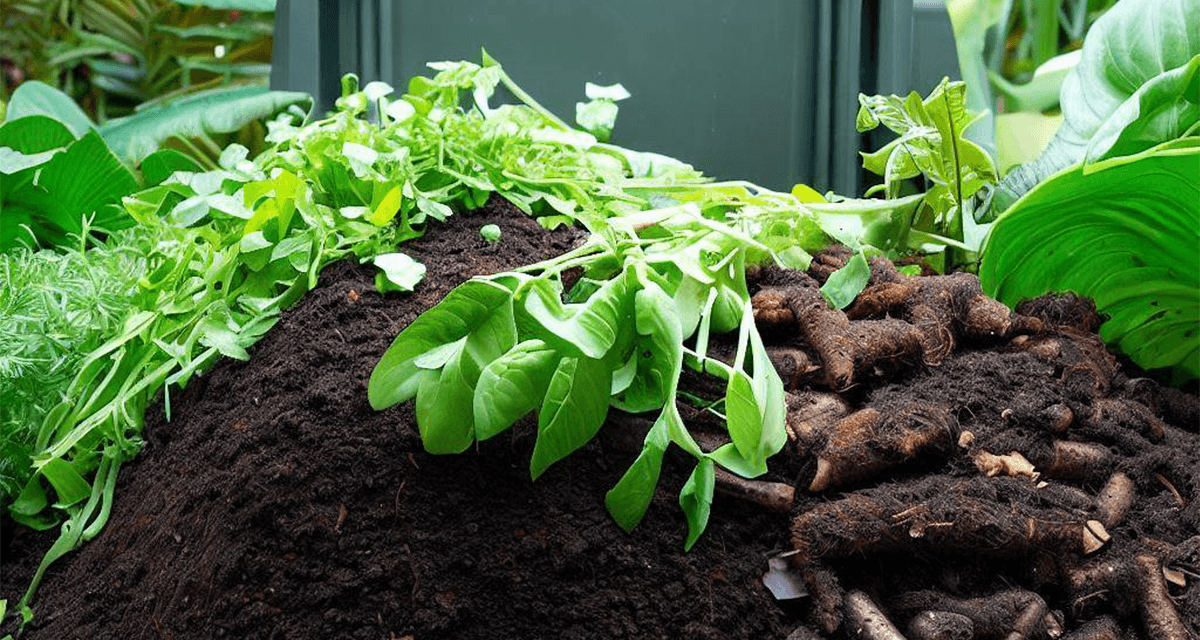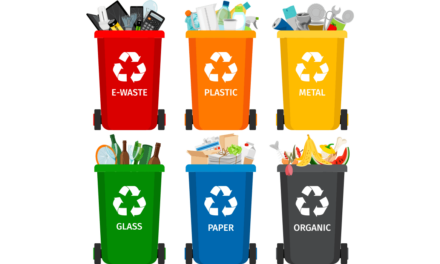Organic waste decomposition has been around for ages, but with the increasing push for sustainability, home composting systems have become a vital tool in the eco-friendly household. Here’s an analysis of composting’s pros and cons:
- Benefits of Composting:
- Waste Reduction: Composting reduces the amount of organic waste that goes to landfills, which are major methane emission sources.
- Soil Enhancement: Compost enriches the soil, providing plants with vital nutrients, improving its structure, and helping it retain moisture.
- Natural Fertilizer: Using compost can reduce the need for chemical fertilizers, promoting healthier plants and reducing harmful run-offs into waterways.
- Carbon Sequestration: Composting captures and eliminates carbon from the waste, acting as a carbon sink and helping reduce CO2 in the atmosphere.
- Challenges of Composting:
- Space: A composting system, especially a traditional compost heap, requires space, which might not be available in urban settings.
- Maintenance: Regular turning and monitoring of the compost pile are essential to ensure efficient decomposition and prevent foul odors or pests.
- Time: Composting is a slow process, and depending on the method used, it can take anywhere from a few months to over a year to produce usable compost.
- Learning Curve: Proper composting requires a balance of green (nitrogen-rich) and brown (carbon-rich) materials. Newcomers might face challenges in achieving the right mix initially.
Conclusion
Embracing composting can dramatically improve your home’s eco-footprint, turning waste into a resource. However, to reap its benefits, it’s essential to understand and commit to the process. Before diving in, homeowners should evaluate their capacity and willingness to maintain the system effectively.






